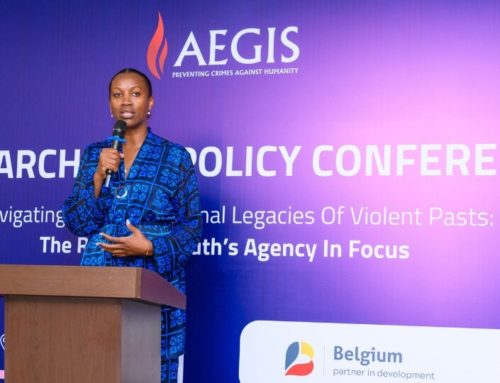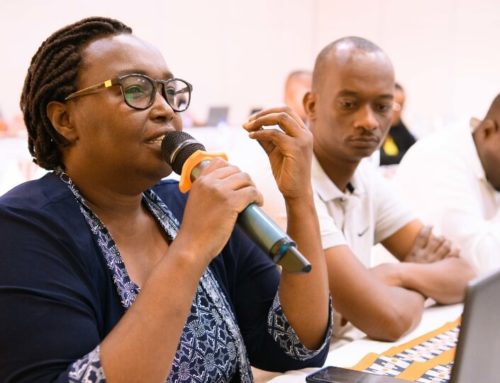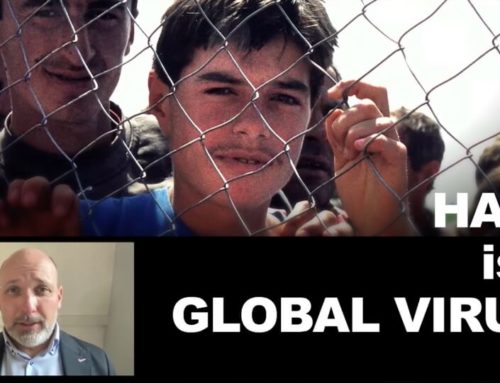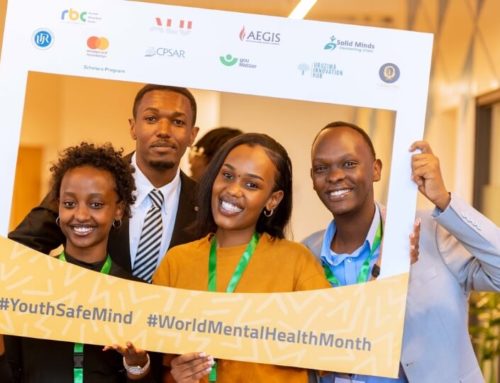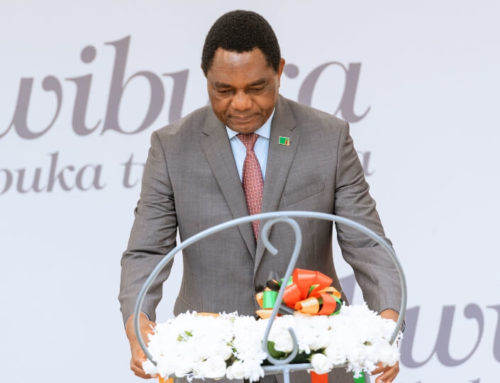Scholars and practitioners from the UK and Rwanda have spoken warmly about the impact of the two-day conference which concluded at King’s College London on 31 May. Entitled ‘Rwandan Perspectives on Post-Conflict Reconstruction and Sustainable Peace: Enhancing Research, Influencing Policy’ and attended by more than 200 people, it was co-hosted by the Aegis Trust, the Dickson Poon School of Law, King’s College London, and the Department of Politics and International Studies at SOAS.
“Over the last two days, the Aegis Trust has really been able to showcase work that they have been facilitating over the last four years, creating a crucial platform for widening the debates about sustainable peace and social reconstruction in Rwanda following the 1994 genocide,” says Nicola Palmer, senior lecturer in criminal law at the Dickson Poon School of law, King’s College London and author of ‘Courts in Conflict: Interpreting the Layers of Justice in Post-genocide Rwanda’ (OUP 2015).
The conference brought Rwandan researchers funded through Aegis’ Research Policy and Higher Education Programme (RPHE) to engage with academics, policymakers and practitioners in the UK. Among them Dr Richard Benda, author of a recent chapter in the edited volume ‘Transitional temporalities and transitional narratives in post-genocide Rwanda’ (Routledge, 2018).
“It’s a unique event; it hasn’t been done before, which goes to show you how important a work Aegis Trust has done for us as Rwandan researchers,” says Dr Benda. “Personally I started my research before I got in touch with the Aegis Trust, but I was unable to deal with the data because I didn’t have the funding to go to the next stage of my research. And it’s only thanks to that funding from the Aegis Trust that I was able to actually move my research to the next level – the level of analysis. And after that I was able to publish the work.”
“We are really overjoyed, and what we managed to achieve here is beyond expectations,” says Dr Felix Ndahinda, Research Director at Aegis. “When the project started, we were just trying to empower this community of Rwandans. It’s very encouraging to see them now here in London, carrying that voice to an international stage, talking about the diverse issues that Rwanda grapples with in rebuilding itself.”
“Thanks to everyone who came to the Rwanda London conference or participated on Twitter,” says Dr Phil Clark, Reader in Comparative and International Politics at SOAS, who helped to originate and organise the event. “It was a superb two days of presentations and debates.”
“I am proud of the achievements and high standards of the Rwandan researchers supported by the Aegis Trust’s research programme, funded by Sida
The research papers that were presented, and their related policy briefs,
are also available on http://www.genocideresearchhub.org.rw/.
Join http://www.genocideresearchhub.org.rw/contact/join-our-network/ to be informed about similar events and opportunities within the programme.

